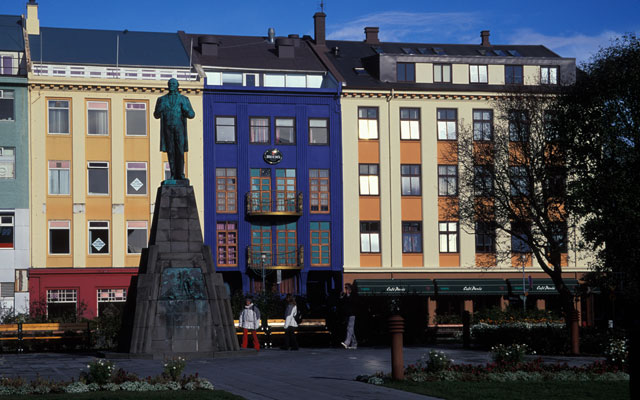Results from Parliamentary elections in Iceland last week reflect public concern over the nation’s application to join the European Union (EU). The parties that did the best in the election, the Independence Party and the Progressive Party, both are skeptical of the EU. The Progressive Party will form a new government; most likely in coalition with the Independence Party. This will all but end Iceland’s negotiations to join the EU, further proof that Europeans are increasingly tired of continued European economic and political integration.
In the election held on April 27, the center-right Independence Party received the highest portion of the vote with 26.7 percent, the centrist Progressive Party came in a close second with 24.4 percent of the vote, and each won 19 out of 63 seats in Parliament. This was a stinging defeat for the Social Democratic Alliance, the center-left party that was the ruling party and favors Iceland joining the EU. In 2009 they received 30.5 percent of the vote. This was reduced last week to just 12.9 percent—sending a clear message that the Icelandic people have little desire to give decision-making power to Brussels.
Iceland first applied to join the European Union in July 2009, and formal accession negotiations have been ongoing since July 2010, but the public appetite for membership is waning. Almost two-thirds of Icelanders oppose accession. Much of the opposition emanates from concern over EU control over the Icelandic economy, especially the fishing industry. The fishing industry is the economic backbone of Iceland accounting for 12 percent of gross domestic product (GDP), 40 percent of exports, and 15 percent of all jobs. Should Iceland join the EU, it would be forced to abide by the EU’s Common Fisheries Policy, which sets quotas regarding the amount and species of fish that can be plucked from the sea by member states.
Iceland’s President Olafur Ragnar Grimsson made headlines in January by saying the EU common fisheries policy was a “colossal failure” and that on the issue of fishery sustainability, “Europe is the problem.” It should surprise no one that taking direction from Brussels on how to run such a vital sector of the economy, and one with deep cultural and historic meaning, does not go over well in Iceland. Both the Independence and the Progressive Parties ran on platforms of national sovereignty, a message that clearly resonated with voters.
As long as the EU continues to flaunt the principles of democracy, national sovereignty, and transparency, and until it begins returning power back to the member states, voters in Europe, as evidenced in Iceland recently, are likely to continue to push back against deeper European economic and political integration.
































